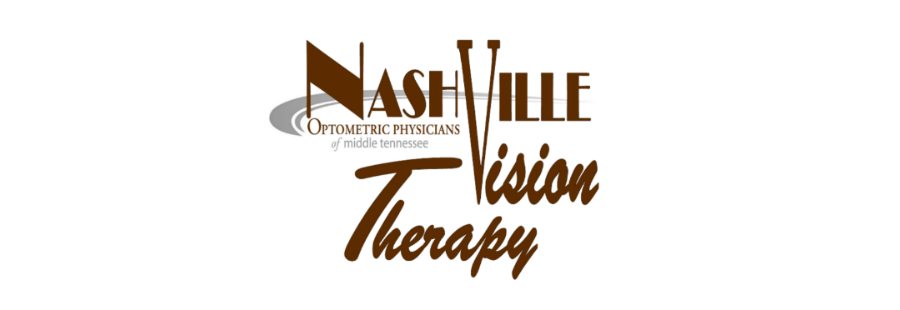Today we are going to talk about neuro-optometric rehabilitation. This is an individualized treatment regime for patients with visual deficits as a direct result of a brain injury.
Brain injuries can come in many forms:
- Traumatic Brain Injury (TBI)
- Mild Acquired Brain Injury
- Mild Closed Head Injury
- Post-Concussive Syndrome
- Cervical Trauma Syndrome
- Post Traumatic Vision Syndrome
- Stroke
- Cerebral Palsy
- Cerebral Vascular Accident
The following is a list of symptoms of visual problems which can result from brain injuries:
- Sensitivity to light, glare sensitivity
- Blurred Vision
- Reading difficulties; words appear to move
- Comprehension difficulty
- Attention and concentration difficulty
- Memory difficulty
- Double vision
- Aching eyes
- Headaches with visual tasks
- Inability to maintain visual contact
- Reduction or loss of visual field
-
Difficulties with eye movements, such as:
- Ocular pursuits (eye tracking ability)
- Saccadics (shifting gaze quickly from one point to the other)
- Accommodative inability (focusing)
- Binocular vision (eye alignment, eye teaming)
- Visual field loss
These visual problems can be successfully decreased or eliminated with neuro-optometric rehabilitation. The goal of the therapy is to train healthy parts of the brain to perform the work of the damaged part of the brain. Corrective lenses (such as prism lenses) is another treatment to decrease/ eliminate visual problems.
Here at Optometric Physicians, we want to be able to help our patients regain control and independence in everyday living situations. Those affected by a TBI should first schedule a comprehensive eye exam. Click on this link for some of our success stories.

No comments:
Post a Comment